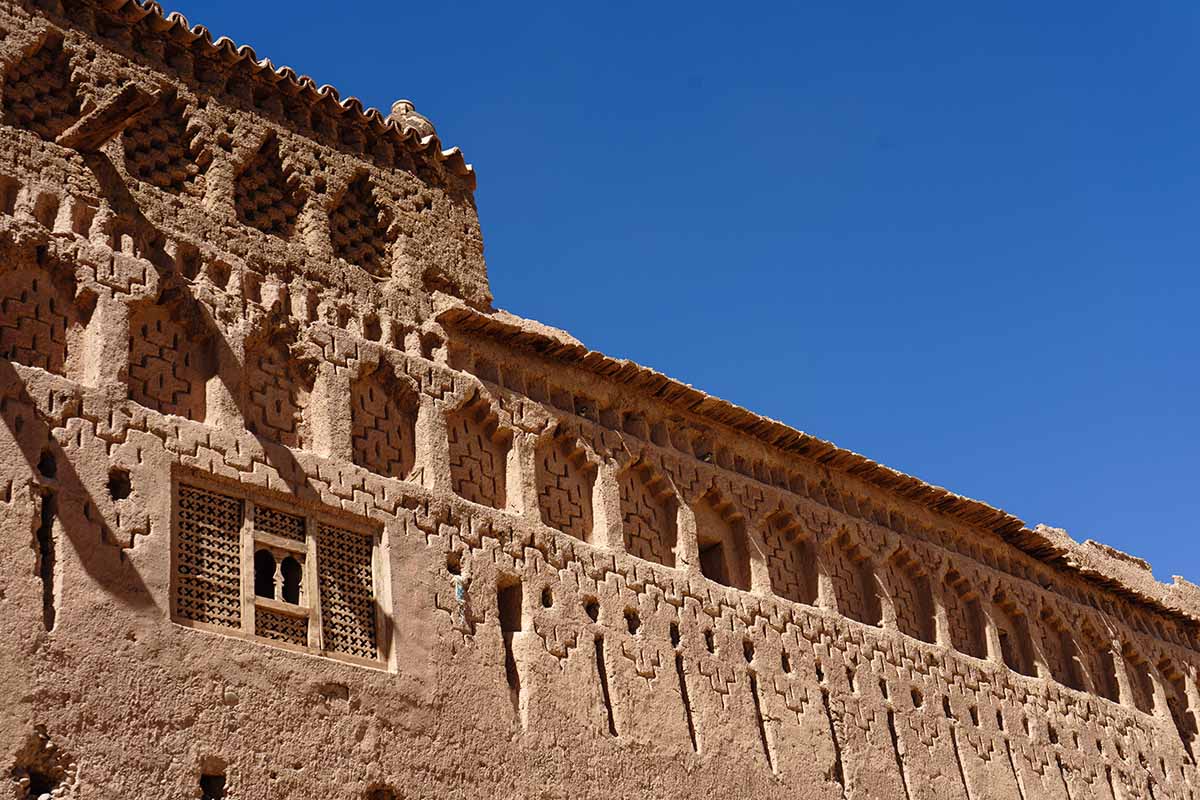In October 1975, I arrived at the Syrian-Turkish border. We took a taxi from Gaziantep, Turkey, to Kilis, a border town. We stepped into Syria, where an army major sat. He smiled and asked me some questions.
“Where do you plan to go today?”
“Aleppo,” I said.
“Good. After Aleppo?”
“Damascus,”
“Wonderful, and then?” He smiled.
“Jordan, Aman.”
“Good.” His tone changes; he is more interrogating but still friendly.
“And where are you going after Jordan?”
I told him the truth, “Kuwait.”
“Wonderful.” He smiled again. “Have you bought your Christmas presents yet?” Translation: Are you Jewish?
“No, I’m getting them soon,” I replied
“Great.” Proceed to that building and enjoy your stay in Syria.
I got to the immigration building, where an immigration officer asked me for my visa, which I didn’t have. “Your consulate in Istanbul told me to get it at the border.”
He thought for a second. “We don’t issue them here. Get it when you leave.” He stamped my passport.
I mulled over this response and walked over to get a taxi to Aleppo.
One week later, I arrived at the Jordanian border. The Syrian immigration officer opened my passport and looked at me, puzzled.
“Where’s your Syrian visa?”
“In Istanbul, they told me to get it at the border. At the border, they said I should get it when I leave.”
He gave a strange look, leaving to see what should be done. Governments issue visas to enter a country and rarely to leave.
He came back a few minutes later and smiled. “We’ve given you a visa, gratis!”
I smiled, thanked him and left Syria, my entry visa in hand!
Syria presented a look at an Arab country devoid of tourists. Both fascinating and friendly, it represented one of the best places I’d visited, the extreme repression aside, an issue I’ve had to deal with too often.






